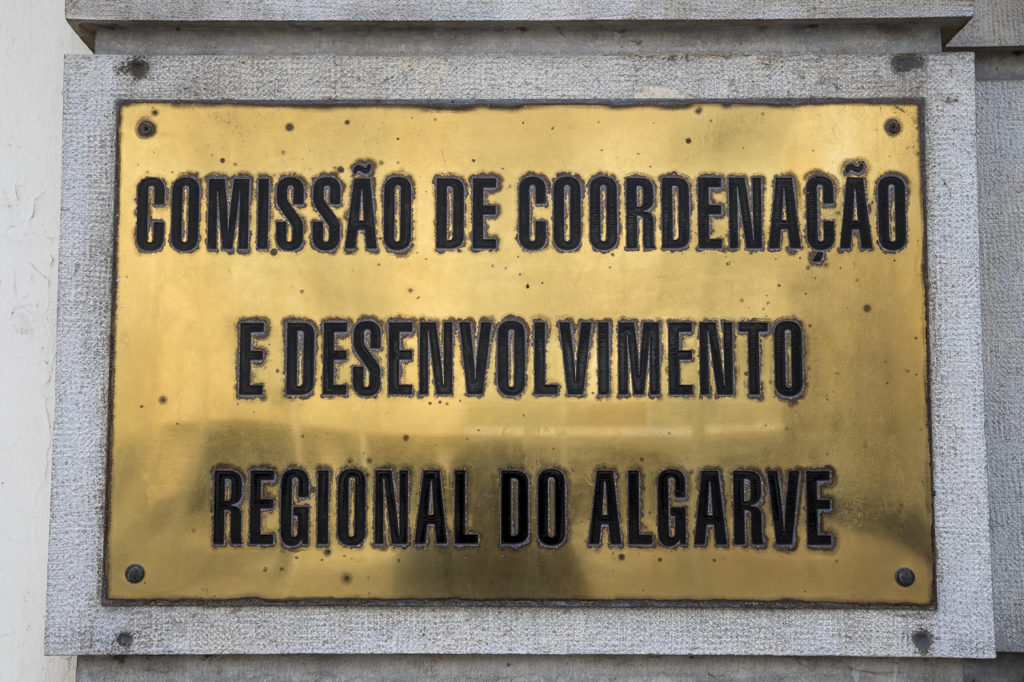Framework Law No. 50/2018 of 16 August on the transfer of powers to municipalities and intermunicipal entities, RCM No. 123/2022 of 14 December on the transfer, sharing and articulation of attributions of peripheral services of direct and indirect administration of the State in the CCDR, and the general approval, on March 2, 2023 and then on March 30, of the decree-law approving the conversion of the Coordination and Regional Development Commissions (CCDR) into a Public Institute, mark not only a substantial change in the structure of local and regional powers as they point to a new philosophy of regionalization and regional policy in the 2030 horizon.
In fact, the Council of Ministers approved, in March, not only the conversion of the CCDR into a Public Institute, endowed with legal, administrative and financial autonomy and its own assets, but also the creation of a collective presidency of the CCDR, a president and four vice-presidents, with the status of public managers and who, under certain conditions, can even be exonerated by the new tutelage and superintendence of the central State.
However, these alterations raise some questions and reflections.
The CCDRs are a good starting point for regionalization policy, as they constitute a reference “interface” for all regional State services and have functional and operational legitimacy for conducting regional policy.
The CCDR are a useful administrative infrastructure to test what I designate as coordinative regionalization, however, from here on, regionalization is an eminently political process, since different ways, shorter or longer, can be tested to convert the CCDR in government and administration bodies, whether in the purely legal-administrative form of a Public Institute with reinforced powers, a Regional Executive Council or an Autarchy and Regional Government.
The legal-administrative process of transferring and sharing powers and powers will run, in principle, until March 2024.
It remains to be seen how, on the political level, the new power relations between the new Public Institute and the constellations of power around it will be stabilized: city councils, intermunicipal communities, peripheral services of the State, the political party system, O lobbying institutionalized and more or less organized groups of local and regional political society.
I remind you that we are in the initial phase of implementing the main operational programs of the PRR and PT 2030, it would not be wise to create yet another source of instability at this time.
The Ministry of Cohesion says that a one-stop-shop will be created in the CCDRs to serve municipalities, companies and citizens and that, thus, the State services will be less bureaucratic.
At the same time, it is stated that the services will remain physically in the places where they are located today, but nothing is said about the next organic changes of these services and respective staffing; nothing is said about the digital and socio-professional transition of these services, in particular, the transition from aging technical staff to qualified and well-paid young staff.
On the legal-political level, the CCDR will be a public institute with a special regime, without the usual hierarchical political direction, but with the oversight and administrative supervision of the central State.
At the institutional level, the CCDR, within the scope of the Territorial Coordination Council, approve a partnership agreement and a program contract with the central administration and execute this agreement by listening to the Intersectoral Coordination Council at the regional level.
I confess that I do not see major socioeconomic and sociopolitical innovations here, especially in terms of collective intelligence and sentimental geography of local and regional political society.
Finally, the territories are not poor, they are poor, because they do not know themselves and suffer from a lack of knowledge.
There is an imperative need to move up the programming and planning value chain, based on a global and consistent idea of regional development, which is not reduced to a mere sum of applications without any connection between them in space and time and, Likewise, reviewing the dichotomy between cohesion and competitiveness that has already caused so many mistakes, since the regions, in their diversity, are obliged to convert this diversity into an advantage.
Final grade
Regionalization is, above all, an essential question of political culture in its noblest sense.
We are a culture that dives deep into the country's ancestral macrocephaly, always renewed by new imaginative formulations (institutes, agencies, observatories, commissions, councils) that, in many cases, still compare with the district circumscription of the territory over which, moreover, the entire political-electoral structure and political-party structures are based, despite the fact that we have already sacrificed that emblematic figure of the regime, the Civil Governor.
I want to believe, however, that these changes are politically correct and that they could make an important contribution to a significant change in the political culture in Portugal, without ignoring the fact that it can also be an impertinent and conflicting process, depending on conjunctural policies and of occasional majorities. It's my benefit of the doubt.
I will necessarily return to the subject later on.
Author António Covas is a Retired Full Professor at the University of Algarve



















Comments